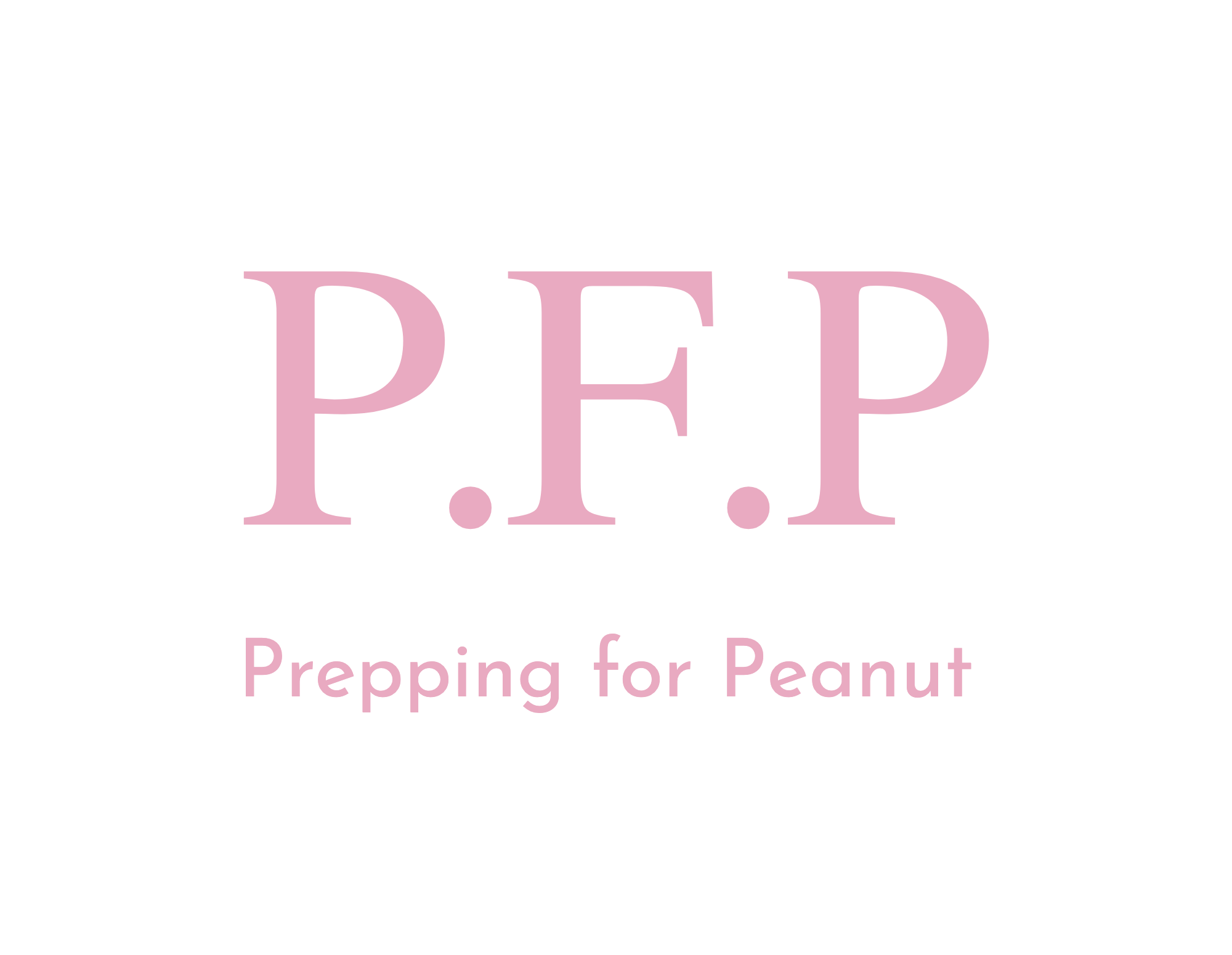MMH Awareness Week
Maternal Mental Health Awareness Week
Being evaluated for postpartum depression by my child’s pediatrician was a real gut punch.
When I had our son, Miles, I didn’t have a full understanding of PPD or PPA. On one of our first trips to the pediatrician, I was given an evaluation for both of these very real mental health conditions with a quick, single page, seemingly universal questionnaire. Like any standardized form, scoring was not an exact science -- an aggregate score of 20 could mean mom’s doing great while a 21 could mean mom’s depressed. And this single, moment-in-time assessment wasn’t able to capture emerging feelings of PPD/PPA, which can develop any time in the first year postpartum. I might have “passed” the test that day, but I ultimately became one of MANY new mothers whose mental health was overlooked during the postpartum period. Like so many, I just assumed what I was feeling was your run-of-the-mill baby blues.
Our current system - with evaluation often offered by the pediatrician versus the mother’s own physician - focuses narrowly on a mother’s ability to care for her newborn, which of course is crucial. But it can unfortunately end up minimizing the health and wellbeing of the mother independent from her fitness to take care of her baby. In hindsight, I’m surprised that I was evaluated only once and only by my son’s pediatrician - who, while wonderful, does not specialize in an adult medical or mental health field. I was even more surprised that my own OB and I did not discuss my mental state or the very real possibility of developing PPD/PPA during my 8-week-postpartum visit. I was given the “good to go” and went on my merry way.
As a first-time mother, it was difficult to recognize my developing symptoms or properly advocate for my own mental health. I had no benchmark for what was “normal.” Over time, I became less “good-to-go,” as evidenced by the full-fledged meltdown I experienced at the hair salon. I was ten minutes late for my first haircut in eight months and they wouldn’t take me. I lost it! If you’re a working mom, you KNOW the effort that went into scheduling, getting childcare, and getting out the door. It was then that it dawned on me: something was amiss. I didn’t know why I’d lost it, but it became apparent quickly that this was about much more than my reaction to a salon’s fascist late-appointment policy.
While this was just my experience, I share it because, man, do I wish I’d had prepared more for these possible outcomes. Having the knowledge and resources at my disposal to help me both identify and cope with my own mental health during the challenging postpartum phase would have been invaluable. Since it’s the start of Maternal Mental Health Awareness Week, here’s how I hope my story can help prepare expecting mamas: Preparing to welcome your little peanut SHOULD include personal education for both moms and partners about the signs to recognize PPD and PPA. We prepare our homes, our cars, and our lifestyles, but we don’t work to prep mentally. In our current reality, let’s all feel empowered to incorporate this education into our baby prep journey, so that we can be our own best advocates. Let’s all support each other so there can be less of a stigma, better screening over the course of the first year, and more conversations, especially now!
With that in mind here are a few resources that might help other mamas-to-be on their journey...
Postpartum Support International

